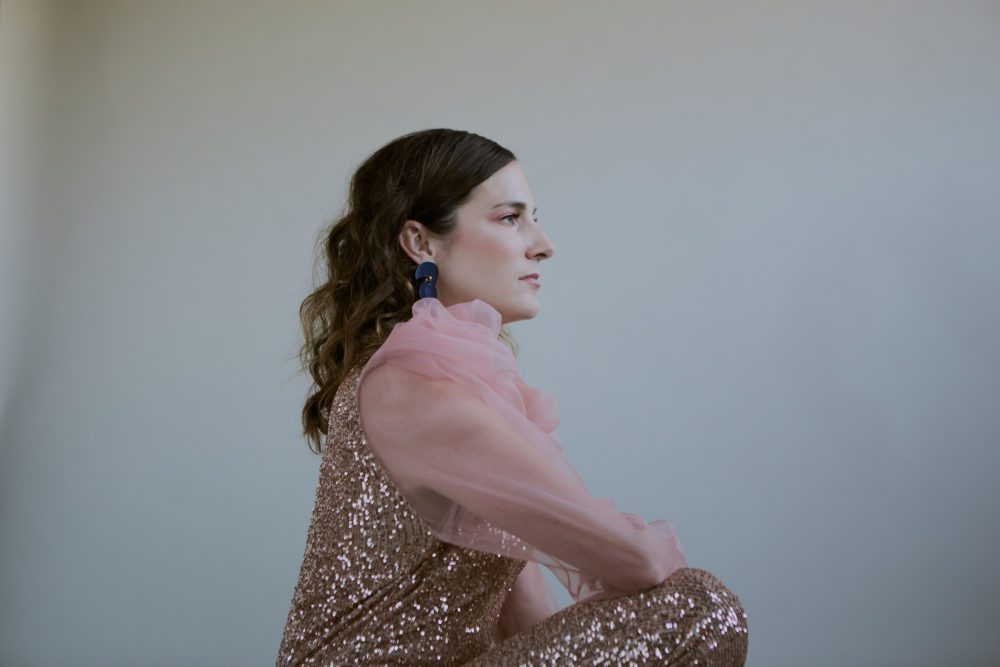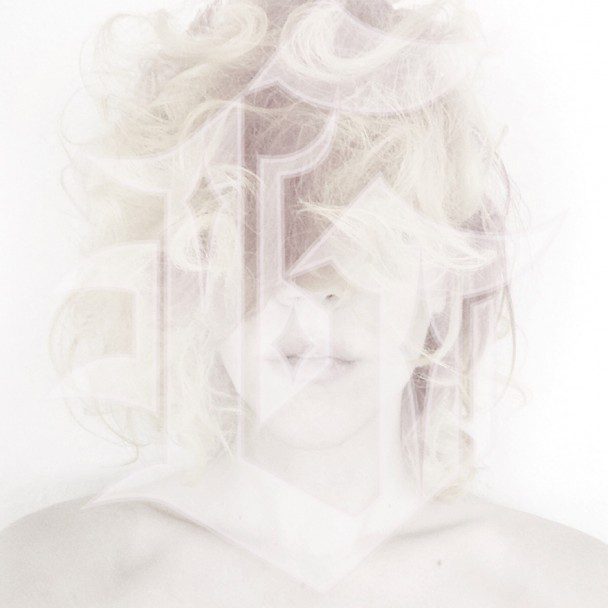

When Teri Bracken, the singer, songwriter, and multi-instrumentalist who makes music under the literary moniker Brontë Fall, was in college, a man told her that some women treat college as a “finishing school” for finding husbands. The term angered her but also inspired her to show her listeners a different form of “finishing school” with an EP by that name.
The songs on Finishing School, like its title, put a twist on gender norms. In “Warrior,” Bracken sings about using dresses, heels, lipstick, and other “feminine” objects as weapons to fight sexual harassment, singing, “I am not weak/I am a warrior.” The bluesy “White Dress” is about resisting societal pressures to get married, declaring that the “white dress” she aspires toward is a successful career.
“It’s celebrating my life and what I want and sort of saying, you don’t have to conform to those age-old expectations,” she says. “I think it touches a lot of females — they’ve told me, ‘Oh yeah, I turned 28. My grandma was like, ‘When are you gonna have babies and move out to Minnesota?’ So many women feel this pressure from family and society.”
On “Six Years,” premiering today on Audiofemme, Bracken responds to thea anxiety many women feel about aging, reflecting on the wisdom that the past few years have given her. “Now I’m six years older/Six years smarter/Six years stronger /My will is unshakeable,” she sings.
The six years she refers to constitute the time that elapsed between first coming to Nashville in her late 20s and writing the song. “I was totally intimidated by the talent,” she remembers. “I didn’t think I was good enough. And then I came back six years later a few years ago, and it was interesting to go back to the same place so differently. I felt so much stronger and smarter, and I was ready to take it on.”
This experience made her rethink the fears she had about getting older. “I wanted to celebrate the value in aging, because it doesn’t seem to be valued that much in society, and we’re only getting older,” she says. “But I wanted it to reach 15-year-olds and 75-year-olds. I wanted it to have a timeless message.”
The musical inspiration for the slow-paced, vocally driven song was unexpected: Justin Bieber’s “Love Yourself.” Bracken says she was “in a sort of pop mood” when she wrote it. “I just loved how poppy and snappy that was, and I wanted ‘Six Years’ to be poppy and snappy and simple.” She’s unpretentious about her musical influences, counting Taylor Swift among them as well (you can almost hear hints of Swift’s “Fifteen” in “Six Years”), though the EP is also audibly country-inspired.
The transformation Bracken describes in “Six Years” reflects the transformation Brönte Fall has undergone since her first album, 2017’s Silhouette Dances. “She’s more confident, she knows who she is, and she’s ready to have a strong voice,” says Bracken. The older songs have a bit less pop and more country and rock influence, but they contain a similar theme of female empowerment, along with love and heartbreak. Bracken also experimented with some new sounds on Finishing School, including the use of cello in “Give You a Halo,” which she wrote for her grandma.
The artist’s name is taken from the Emily Brönte poem “Fall, Leaves, Fall,” which is about embracing the darker seasons. “That’s what art does — finding beauty in the darkness, writing through pain,” she says. She was also inspired by the way the Brönte sisters made a name for themselves (quite literally, by using male names) in a male-dominated world.
Both these themes are reflected in Bracken’s music, with its reimagining of sexist traditions and gender stereotypes. And yet thankfully, during this time period, she gets to sing in an unapologetically female voice.
Follow Brontë Fall on Facebook for ongoing updates.




